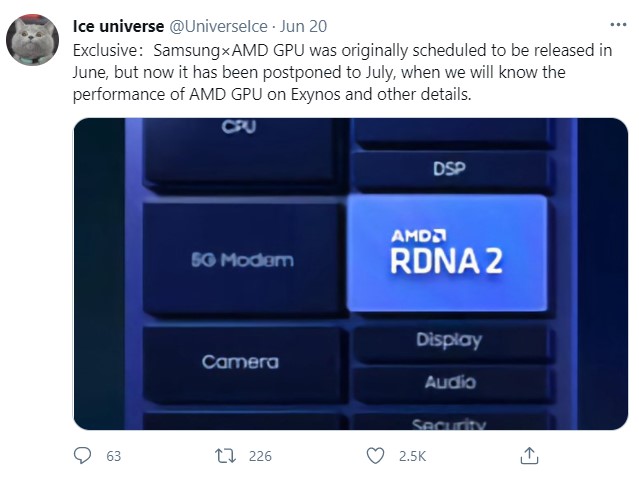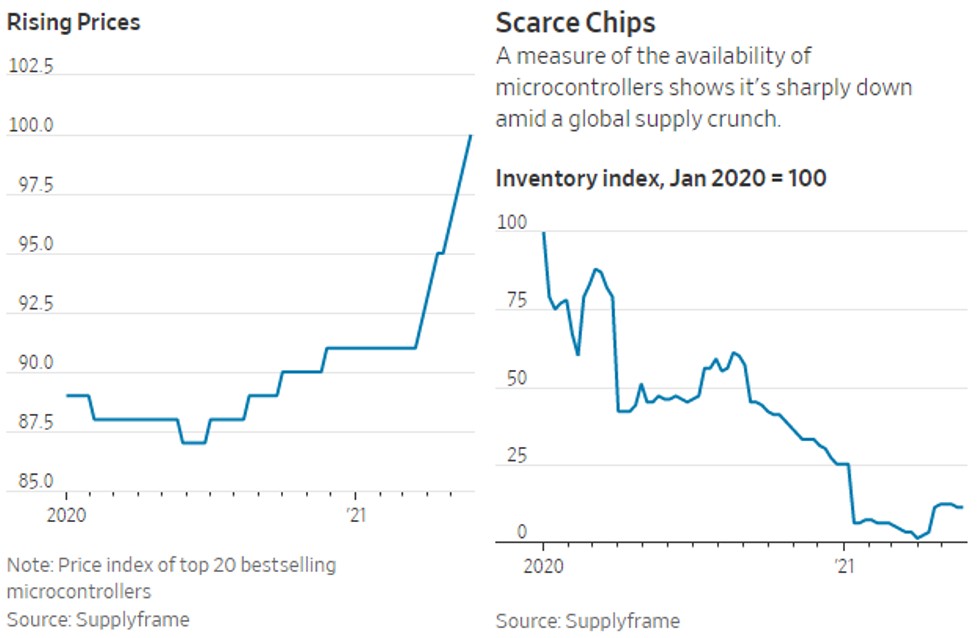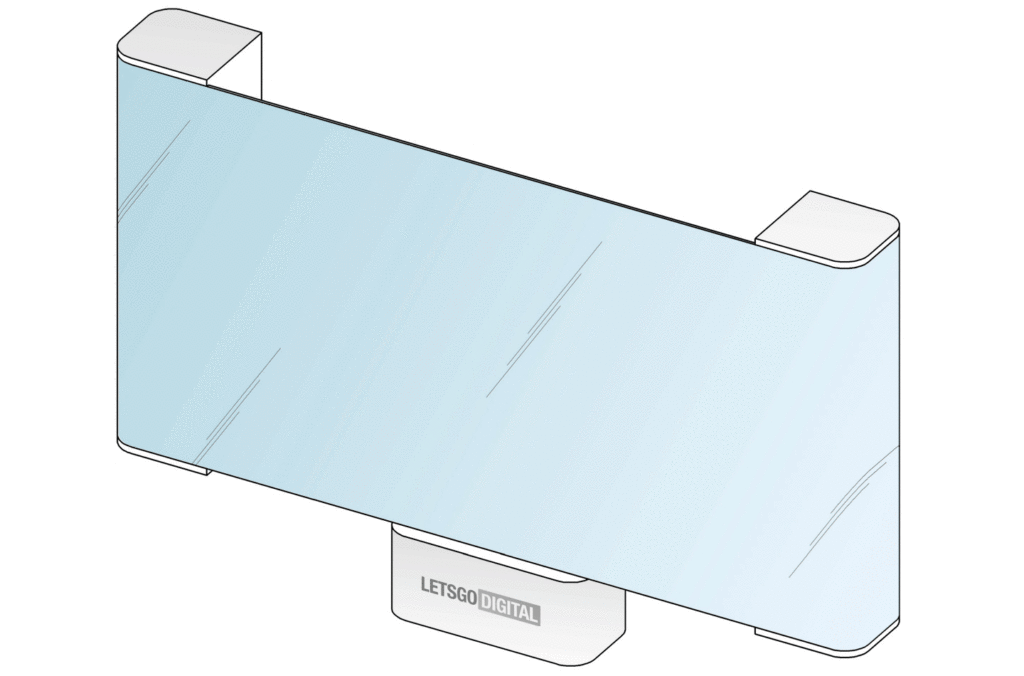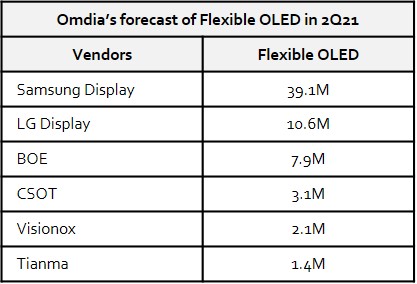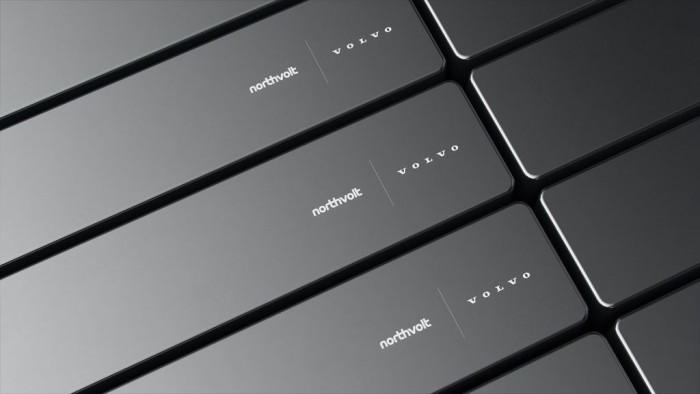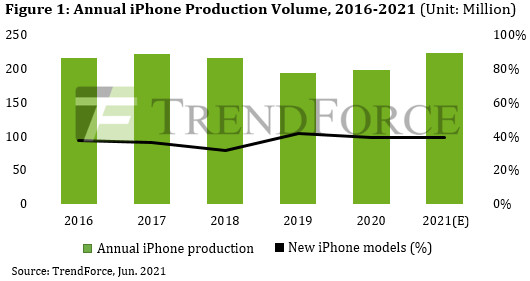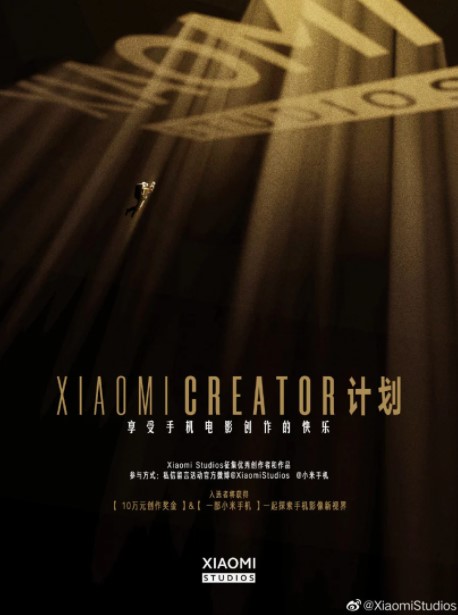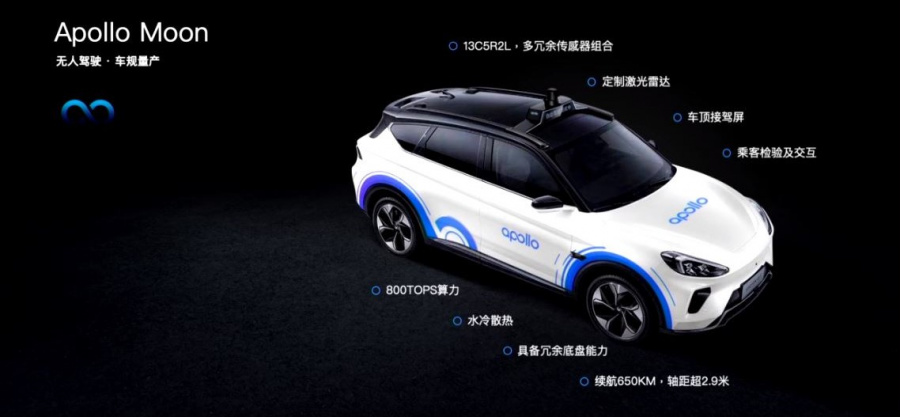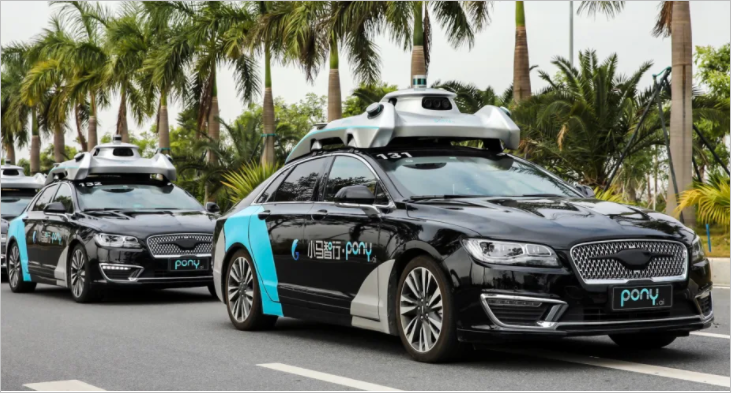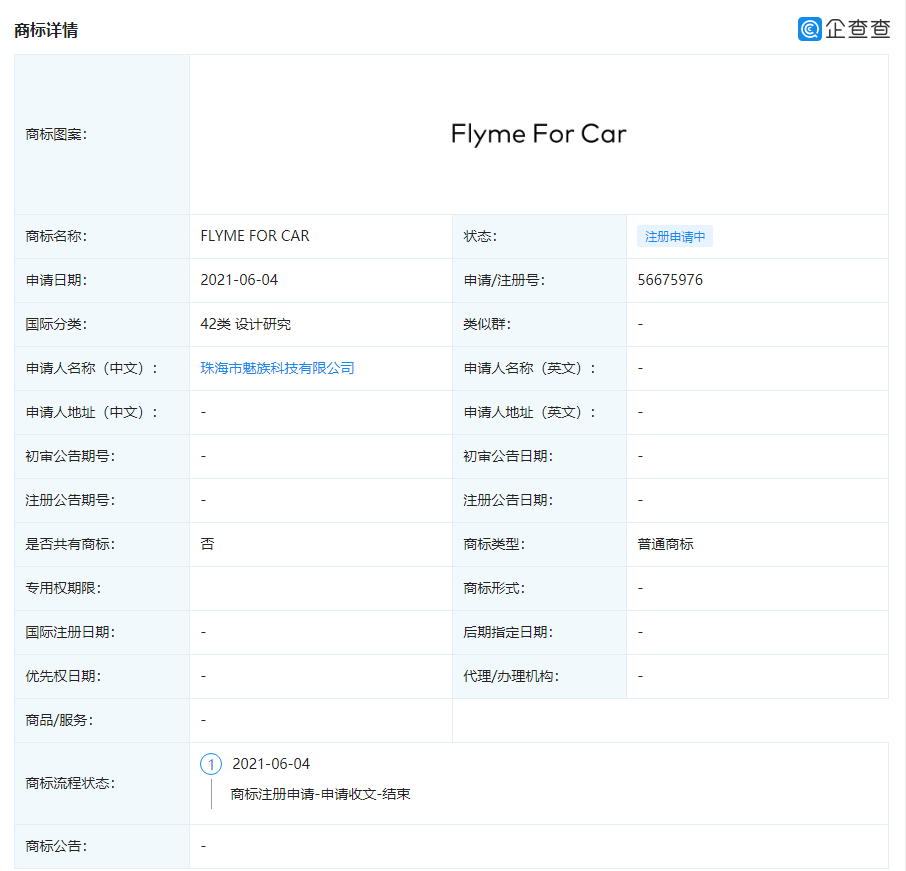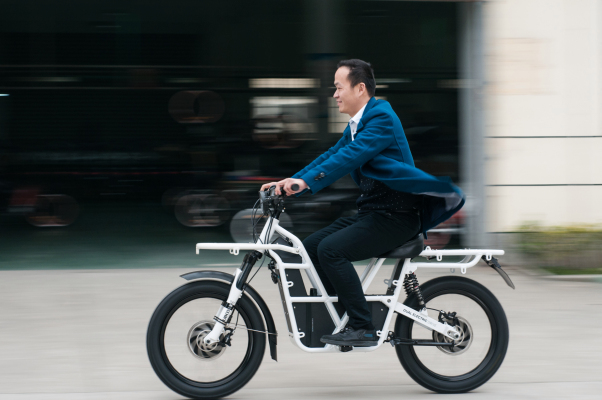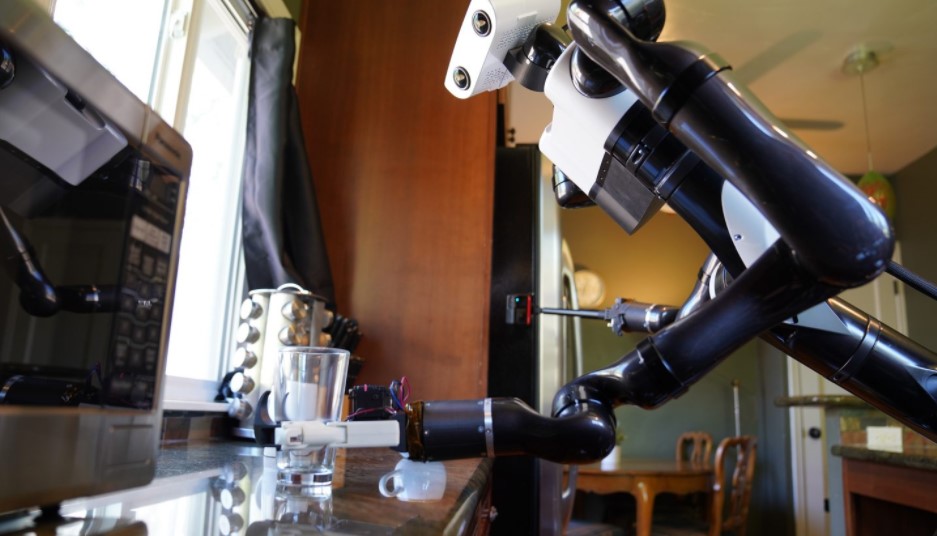
6-22 #Lucky : The global chip shortage is pushing up prices of myriad items; TSMC is expected to start moving in equipment at its Arizona chip fab as early as the middle of 2022; Samsung SDI is considering entering the U.S. market; etc.
Samsung confirmed in Jan 2021 that its “next flagship product” will feature the custom mobile GPU that it has been working on with AMD. The Samsung AMD custom GPU was reportedly due to be unveiled in Jun 2021. However, the launch has now been postponed to Jul 2021. (Pocket-Lint, Twitter, Sam Mobile, SlashGear)
Samsung SDI has started developing semiconductor photoresists (PRs). The company aims to internalize production of semiconductor PRs which Japan nearly monopolizes and seek to diversify the simple product portfolio of its Electronics Materials Business Department. The department has recently introduced 8” wafer lithography and track equipment for PR development to its research center. (Laoyaoba, Business Korea, Sohu)
The global chip shortage is pushing up prices of items such as laptops and printers and is threatening to do the same to other top-selling devices including smartphones. Price increases are snowballing their way through suppliers and key materials in chip making as the industry rushes to meet rising demand and plug supply holes. As a result, many of the world’s large chip makers are raising prices they charge to the brands that make PCs and other gadgets. Industry officials say the increases may continue. Consumers are starting to feel the pinch. (VN Explorer, Tech Times, WSJ, article, Laoyaoba)
TSMC will give supply priorities to orders for automotive ICs and those placed by Apple in 3Q21, followed by chip orders for PCs, servers and networking devices, according to Digitimes. As TSMC increases the supply of automotive chips, the global shortage of automotive chips is expected to ease significantly before 3Q21. The shipment volume ratio between 1H21 and 2H21 will reach 30:70, compared to the previous estimate of 40:60. (Digitimes, Laoyaoba)
TSMC is expected to start moving in equipment at its Arizona chip fab as early as the middle of 2022. Digitimes says the equipment suppliers heading to Arizona include Foxsemicon, a Foxconn affiliate and Applied Materials contract manufacturing partner, and Marketech, ASML’s contract production partner for extreme ultraviolet or EUV lithography machines. (Digitimes, Seeking Alpha, 163, Digitimes, Laoyaoba)
Pure-play foundries see the automotive segment play an increasingly important role in their revenue, according to Digitimes. Foundries asks for about 15% higher quotes for automotive ICs than chips for use in consumer electronics and other mass-market applications, because automotive applications have high requirements due to safety and quality concerns. (Digitimes, press)
LG has patented a new Rollable OLED TV, which features a side rolling screen. This patent is titled “Television with rollable display”. In its rolled up form, the television resembles a shape of an elongated speaker, which has rounded sides. The device houses the display on either side that can be pulled out. When pulled out, the display unfurls out from the two housing units. (Laoyaoba, Gizmo China, LetsGoDigital)
Shipment of flexible OLED panels will be around 57M units in 2Q21, a drop of 35% from the previous quarter, according to Omdia. The drop is due to the second quarter being the off-season and declining shipment of Apple’s iPhones. Flexible OLED shipment will however, increase 54.1% YoY. Meanwhile, rigid OLED panel shipment will be around 53M units in 2Q21. (Gizmo China, OLED-Info, The Elec)
Samsung SDI’s president Jeon Young-hyun has indicated that the company is considering entering the U.S. market. Samsung SDI is likely to establish a joint venture with a global automaker. Leading candidates include Stellantis Group and BMW, which use Samsung SDI batteries. If Samsung SDI enters the U.S. market, all three Korean battery makers will have production plants in the United States. Samsung SDI plans to lay out a detailed investment plan by the end of 2021 at the latest. Earlier, LG Energy Solution and SK Innovation have established joint ventures with General Motors Ford, respectively. (Business Korea, Sina, ChinaZ)
Volvo intends to establish a joint venture with leading Swedish battery company Northvolt to develop and produce more sustainable batteries, tailored to power the next generation of pure electric Volvo and Polestar cars. Both companies aim to set up a research and development center in Sweden that will begin operations in 2022. The planned joint venture will also establish a new gigafactory in Europe with a potential capacity of up to 50 gigawatt hours (GWh) per year. Production is scheduled to start in 2026. (CN Beta, Reuters, FT, Northvolt)
Yahoo! Mobile is a mobile network virtual operator (MNVO) that sold mobile services backed by Verizon’s network. In May 2021, Verizon announced it would sell its media group, which included AOL and Yahoo website properties and brands. As a result of the sale, the Yahoo! Mobile network is being shut down. (CN Beta, SlashGear, GSM Arena, Yahoo! Mobile)
Apple CEO Tim Cook has indicated that in the future they will give up the consumption of land resources and will depend on “renewable resources”. He has further said that in the future, production of new iPhones will no longer use Earth’s resources, as “the iPhones will be made from recyclable materials and rely on renewable resources”. (My Drivers, Sprout Wired, GizChina)
TrendForce is maintaining a cautiously optimistic view and forecasts that the annual total iPhone smartphone production for 2021 will grow by around 12.3% YoY to 223M units, with additional room for a slight growth going forward. TrendForce expects the latest iPhone devices to account for about 39% of Apple’s total annual production volume for 2021. The share of 5G models in the overall iPhone production is projected to expand massively from 39% in 2020 to 75% in 2021. Apple is expected to focus on driving sales of the 3 non-mini models in the iPhone 12s series in view of the fact that the iPhone 12 mini (which reached End-of-Life ahead of time in 2Q21) suffered disappointing sales performances compared to other models in the iPhone 12 family. (TrendForce, TrendForce, MacRumors, Phone Arena)
Xiaomi officially unveils its movie studio brand, dubbed “Xiaomi Studios”. The company has also shared that it will also be launching its “Xiaomi Creator” program on the social media platform. (Gizmo China, Mi.com, IT Home)
vivo Y12A is launched in Thailand – 6.51” 720×1600 HD+ v-notch, Qualcomm Snapdragon 439, rear dual 13MP-2MP depth + front 8MP, 3+32GB, Android 11.0, 5000mAh 10W, reverse charging 5W, THB4,499 (USD145). (Gizmo China, GizChina, Sohu)
Samsung Galaxy M32 is launched in India – 6.4” 1080×2400 FHD+ HiD Super AMOLED 90Hz, MediaTek Helio G80, rear quad 64MP-8MP ultrawide-2MP macro-2MP depth + front 20MP, 4+64 / 6+128GB, Android 11.0, side fingerprint, 6000mAh 25W, INR14,999 (USD200) / INR16,999 (USD230). (GSM Arena, Android Headlines)
Leitz Phone 1 is launched by Leica with SoftBank – 6.6” 1260×2730 WUXGA+ IGZO OLED adaptive 240Hz, Qualcomm Snapdragon 888, rear 20MP 1.0µm + front 12.6MP, 12+256GB, Android 11.0, 5000mAh, IP68 rated, JPY187,920 (USD1,700). (GSM Arena, The Verge, Engadget, Peta Pixel, SoftBank)
Amazon’s body fat percentage scanner performs better than other, more cumbersome methods of calculating body fat, a new study showed. A body scan is one feature on the Amazon Halo Band subscription service, which the company announced Aug 2020. The Halo Body feature works through smartphone cameras. Users take four photos of their bodies, which are then combined into a 3D image. Then, Amazon’s tool uses machine learning to calculate the user’s body fat percentage. (CN Beta, Medrxiv, The Verge)
Baidu is partnering with BAIC Group’s EV brand ARCFOX to jointly release Apollo Moon, a new generation of robotaxis that are set to be mass-produced with a per unit manufacturing price of CNY480,000. Remarkably only 1/3 of the cost of average L4 autonomous vehicles, Apollo Moon is a monumental milestone in the large-scale commercialization of fully autonomous ride-hailing services in the smart transportation industry. (PR Newsasia, Sina, 163, Auto Futures, VNExplorer, 36Kr, Yicai)
Chinese startup Pony.ai has commenced testing of its driverless vehicles on public roads he the US state of California. This is a prelude to the full rollout of commercial robotaxi services in the US planned for 2022. Pony.ai is among the startups that have secured approval for driverless vehicle testing in both China and the United States. (Gizmo China, TechCrunch, ChinaZ)
Meizu Technology has applied for the registration of the Flyme For Car trademark. The international classification involves 42 types of design research. Flyme For Car is a smart vehicle system. Meizu has announced the launch of the Flyme For Car in-vehicle system in Mar 2021. (GizChina, IT Home)
Ubco, the New Zealand-based electric utility bike startup, has raised USD10M to fund a global expansion focused on the U.S. market and scale up its commercial subscription service business. Ubco’s hero product, the Ubco 2X2, is an all-wheel drive electric motorbike that looks like a dirt bike but rides like a moped. (TechCrunch, Insider-Voice)
Amazon.com has placed an order for 1,000 autonomous driving systems from self-driving truck technology startup Plus and is in talks to buy a stake of as much as 20%. Plus is developing autonomous driving technology for long-haul trucking, is set to have a valuation of USD3.3B, adding USD500M in proceeds to accelerate its expansion. (CN Beta, Bloomberg)
BMW plans significant production cost cuts by the middle of the decade in a bid to become more competitive with Volkswagen, Daimler and Tesla. Milan Nedeljkovic, BMW’s board member in charge or production, has indicated that they will lower the production costs per vehicle by 25% by 2025 – compared with the level in 2019. (Laoyaoba, Sina, Reuters, KELO)
Hyundai Motor, Boston Dynamics, and SoftBank have announced the completion of Hyundai’s acquisition of a controlling interest in Boston Dynamics from SoftBank, following the receipt of regulatory approvals and other customary closing conditions. The deal valued the mobile robot firm at USD1.1B. (Engadget, PR Newswire)
Toyota Research Institute (TRI) has unveiled new robotics capabilities aimed at solving complex tasks in home environments. Specifically, TRI roboticists were able to train robots to understand and operate in complicated situations that confuse most other robots, including recognizing and responding to transparent and reflective surfaces in a variety of circumstances. (Engadget, Toyota, CNET)
MicroStrategy has said it owns more than 100,000 bitcoins after completing another purchase round, this time spending roughly USD489M on 13,005 tokens. MicroStrategy has said the average purchase price of its 105,085 bitcoin trove is USD26,080 apiece, including fees and other expenses. The company’s holdings are worth more than USD3B. (CN Beta, MicroStrategy, CNBC)

